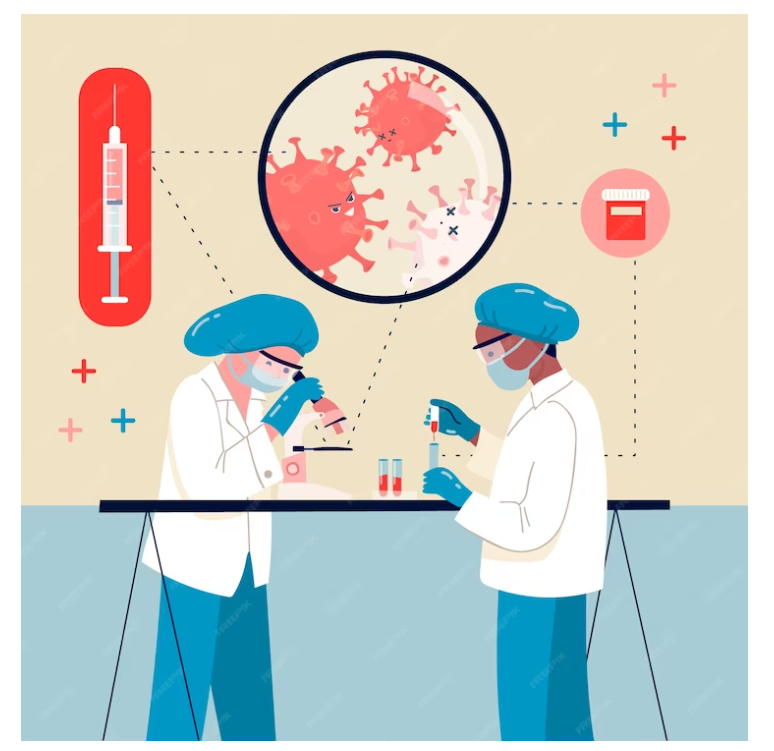
Diagnosis and Testing for MERS-CoV
Introduction:
Diagnosing MERS-CoV infection involves specialized testing procedures to confirm the presence of the virus. In this blog, we’ll explore how MERS-CoV is diagnosed and the testing methods used, providing valuable insight for individuals seeking medical evaluation.
Diagnosis and Testing for MERS-CoV:
- Clinical Evaluation: If you experience symptoms suggestive of MERS-CoV infection, such as respiratory symptoms, fever, or gastrointestinal symptoms, your healthcare provider will conduct a thorough clinical evaluation. They will review your medical history, assess your symptoms, and perform a physical examination.
- Laboratory Testing: Laboratory testing is essential for confirming MERS-CoV infection. Samples, such as respiratory specimens (e.g., nasopharyngeal swabs, sputum), blood, and urine, may be collected for testing. These samples are analyzed using molecular tests, such as reverse transcription-polymerase chain reaction (RT-PCR), to detect the genetic material of the virus.
- Serological Testing: Serological testing involves analyzing blood samples to detect the presence of antibodies produced by the immune system in response to MERS-CoV infection. Serological tests can help confirm past infection with MERS-CoV but may not be useful for diagnosing acute infections.
- Imaging Studies: Imaging studies, such as chest X-rays or computed tomography (CT) scans, may be performed to assess the severity of lung involvement and detect any complications, such as pneumonia or respiratory distress.
- Travel and Exposure History: Your travel history and exposure to individuals with confirmed MERS-CoV infection or recent travel to regions where MERS-CoV is prevalent are essential factors considered during the diagnostic evaluation.
Conclusion:
Diagnosing MERS-CoV infection requires a combination of clinical evaluation, laboratory testing, and consideration of travel and exposure history. If you experience symptoms suggestive of MERS-CoV infection or have had potential exposure to the virus, seek medical attention promptly to undergo appropriate testing and receive timely care.
To seek medical advice, always consult a Doctor. Here are our recommended experts. Click here
To read more on Respiratory disease . Click Here


